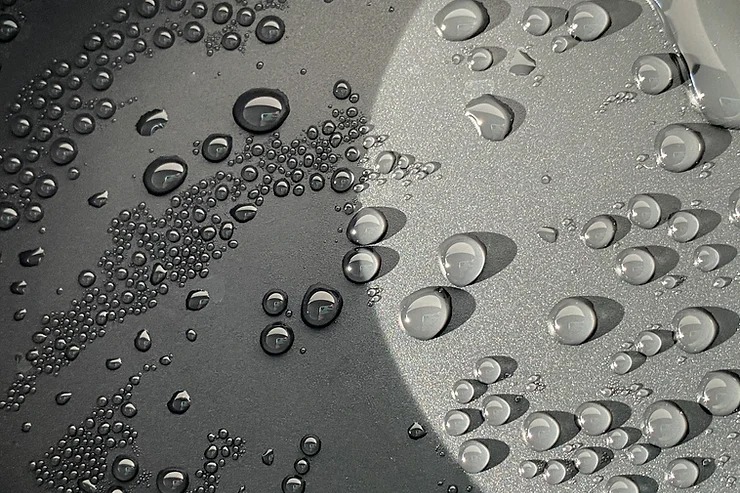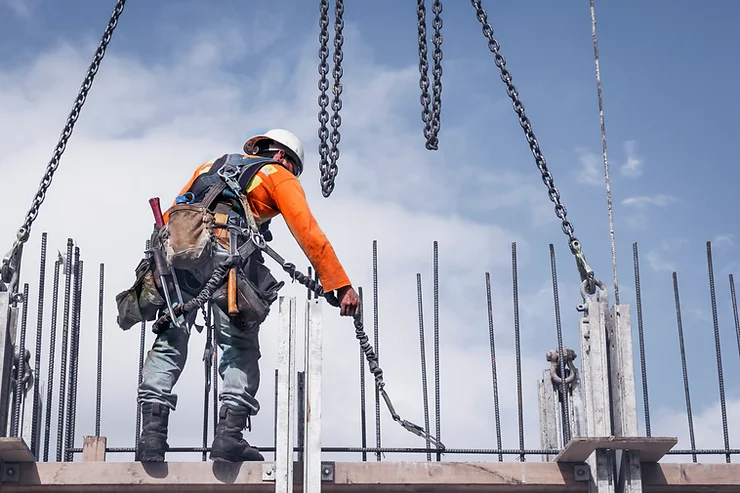Water efficiency is an important issue in California, as the state is prone to drought and must carefully manage its limited water resources. There are a number of ways in which individuals and businesses in California can conserve water and use it more efficiently.
One simple way to reduce water usage is to fix any leaks in your home or business. A small drip from a faucet or toilet can waste a significant amount of water over time. Fixing these leaks can save you money on your water bill and help to conserve this valuable resource.
Another way to increase water efficiency is to use low-flow fixtures and appliances. Low-flow showerheads, faucets, and toilets use less water and can make a significant difference in your overall water usage.
Water-efficient landscaping is another important aspect of water conservation in California. Xeriscaping, which is the practice of landscaping with drought-resistant plants, can help to reduce water usage in gardens and lawns. In addition, using drip irrigation or soaker hoses instead of traditional sprinklers can help to conserve water, as these methods allow for more precise watering and reduce the amount of water that is lost to evaporation.
There are also a number of resources available to help individuals and businesses in California improve their water efficiency. The California Department of Water Resources has a webpage dedicated to water conservation, with information on rebates and incentives for water-efficient appliances and landscaping, as well as tips and resources for reducing water usage. The Environmental Protection Agency’s WaterSense program also has information on water-efficient products and practices.
By following these tips and utilizing the resources available, individuals and businesses in California can help to conserve this vital resource and protect it for future generations.
References:
- California Department of Water Resources: Water Conservation (https://www.water.ca.gov/water-conservation/)
- Environmental Protection Agency’s WaterSense program (https://www.epa.gov/watersense)




